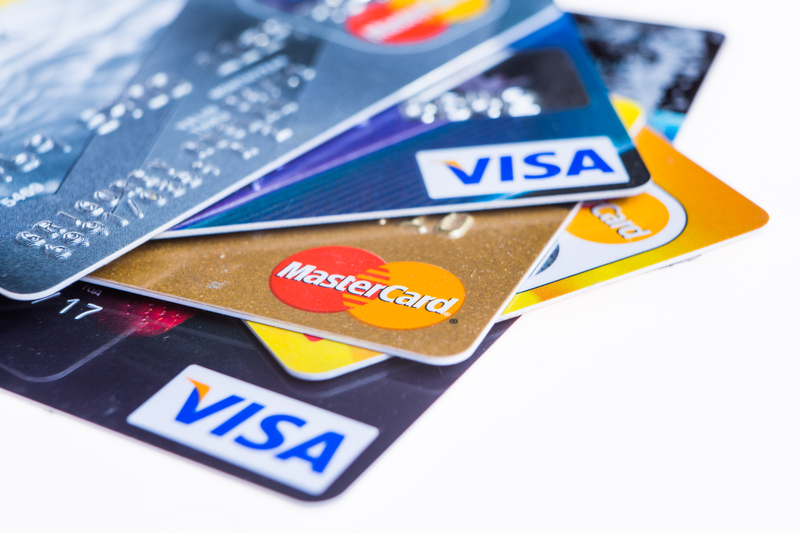How to Use Credit Cards Responsibly: A Guide to Reducing Stress

Getting a credit card allows you to make purchases even if you don’t have the cash on hand, and it also gives you the opportunity to collect rewards on your purchases. If you want to qualify for a mortgage as well as bank loan in the future, possessing a credit card now may help you establish a solid credit history. One’s credit score might go up or down depending on how responsibly they use their credit cards. Responsible credit card usage includes knowing how much you can afford to spend each month and paying off that total in whole and on time each month.
When compared to other forms of credit, including unsecured loans or school loans, the interest rates on credit cards may be rather expensive. Also, unlike with installment loans, where your payments are fixed every month, you need to maintain track of your card balance at all times. Getting and properly using a credit card are both covered in detail here, so that you may apply for a card with full knowledge.
Explain the concept and operation of credit cards
Borrowing money from a bank using a credit card requires an agreement to pay back the loan by the due date or face interest fees expressed as an APR (annual percentage rate). New purchases may be paid for by swiping, tapping, or inserting one of these oblong plastic pieces into a card machine at register or by inputting one’s credit card information while shopping online.
Minimum-spending-requirement sign-up bonuses and other rewards programs are often included with the purchase of certain items with particular credit cards. When you make a certain number of purchases with a new credit card during the first 3 months of membership, certain cards reward you with cash.
Credit card benefits and drawbacks
Credit limits vary from several hundred dollars to several thousand dollars when you create a credit card account. Up to that amount, you’ll be allowed to spend. Credit card spending may be monitored by using your bank’s internet service or smartphone app. Your card purchase will first appear as “pending” and then “post” to your account in just few days. Your account balance will go up after the transaction is posted.
Your credit card company sends you a monthly statement that includes all the charges they were able to process for the previous month. A minimum payment must be made on or before the due date each month to retain a positive balance on your account. You may avoid paying interest on your credit card amount if you pay it off in full during the grace period, which is typically 21 days after the payment cycle closes. Interest will be charged on any outstanding balances once the reprieve period ends. Late fees may be assessed if the minimum payment is not made.
Credit card categories
A customer may find it challenging to choose from among the hundreds of credit cards now available on the market. It’s a good idea to have many credit cards so you can pay for a variety of purchases. Credit cards with 0% interest rates may be a lifesaver when making a large purchase, and credit cards with rewards programs let you rack up points and money rewards on all your purchases.
Avoiding interest and other fees may be achieved by making timely, complete payments. Any balance that is still outstanding after the grace period has expired will incur interest charges, which may add up to lots of cash.









